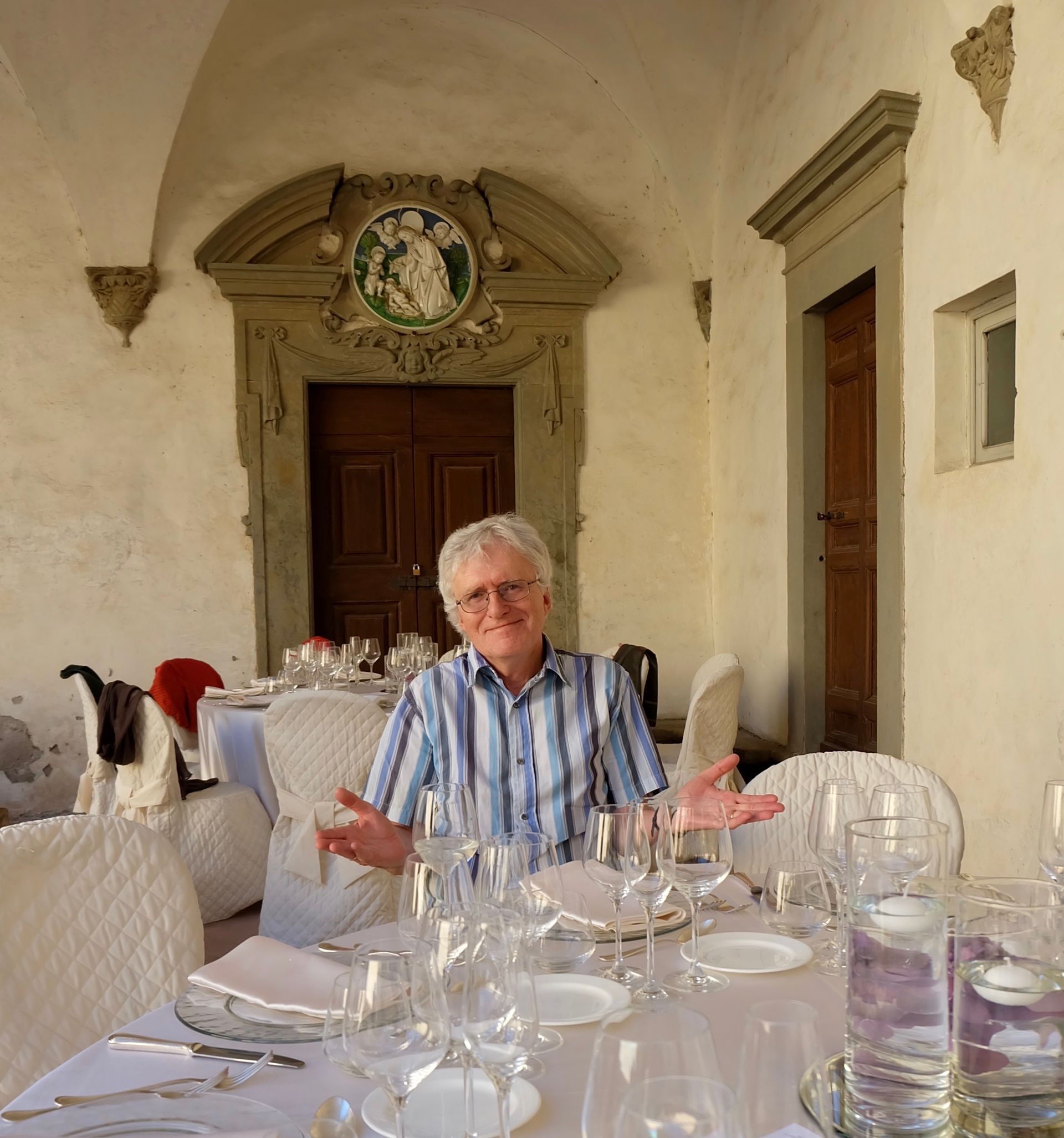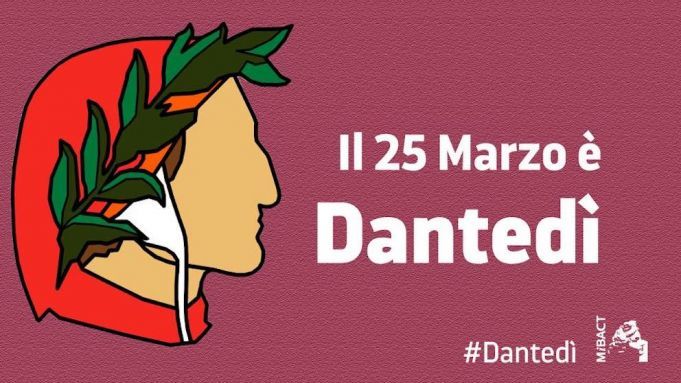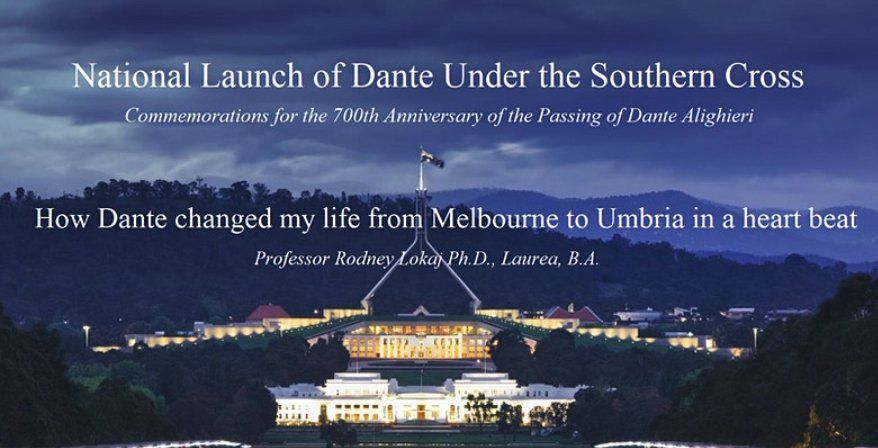Dante Day and a Year of Dante in Australia
This year marks 700 years since the death of the great Italian poet Dante Alighieri. Professor John Kinder of the University of Western Australia explains the significance of 25 March within Dante's seminal poem, La Divina Commedia, and why we celebrate DanteDì.
25 March 1300, Florence. It is New Year’s Day. The practice of counting years from 1 January only became official with the Gregorian calendar reform of 1582. Just a few days after the spring equinox, and exactly nine months before Christmas, this is the feast of the Annunciation, the beginning of the Christian event.
Today, or according to others, in a few days’ time, on Good Friday in fact, 8 April, Dante Alighieri, a "Florentine by birth, not by character" begins a three-day journey that takes him through the three dimensions of reality, known to us as Hell, Purgatory and Paradise.
Fast forward 700 years, to 25 March 2020. The first DanteDì is celebrated in Italy. The idea was dreamt up by Corriere della Sera editor Paolo di Stefano and Accademia della Crusca President Francesco Sabatini and received official approval from the Italian Ministry of Culture.
The first Dante Day came at the beginning of lockdown as Italy became the first country in Europe to fight Coronavirus. So Dante Day went online and the Accademia della Crusca opened a Dantedì YouTube channel. The Accademia della Crusca posted two-minute videos of personal reflections from scholars, young and old. Not just academics, but politicians, actors, musicians remembered padre Dante online, and at 6 pm of 25 March, Italians gathered on their balconies, as they did during that first severe lockdown, but this time to declaim together the opening and closing lines of the Inferno.
Dante celebrations are quite the thing these days. In 2015 Dante (1265-1321) turned 750. Italy celebrated in style. Astronaut Samantha Cristoforetti from inside the International Space Station
read lines from the
Paradiso on the glory of the created universe, her reading beamed to a public audience in Florence. Roberto Benigni recited by heart the final canto of
Paradiso to a rapt Senate in the Italian Parliament. In Florence, trams bearing the poet’s likeness and quotes from the Comedy took the city’s favourite son to all parts of town and life-size cut-out figures appeared in unpredictable locations with a hole cut out at the face so tourists could become the poet for the time it takes to take a selfie. 750-year-old Dante has
his own Facebook page and hashtag: #dante750.
2021 is the 700th anniversary of the death of the poet of the Comedy. Celebrations are planned all around the world, starting on 25 March, the second ever Dante Day.
The Dante Alighieri Society of Canberra is coordinating a national series of events to reflect on Dante in twenty-first century Australia. Each month, from a different Australian city, we will be able to enjoy an amazing variety of reactions and responses to Italy’s national poem, from "Dante and the Making of Italians in Australia" to "Dante and the Clash of Civilisations" to "Dante in Australian Literature and Music" to a Mildura "Dinner with Dante" and a celebration of the William Blake illustrations of the Comedy held in the National Gallery of Victoria.
The series opens on Dante Day, 25 March, at 7 pm (AEST), with Professor Rodney Lokai speaking on "How Dante Changed my Life from Melbourne to Umbria in a Heartbeat".
It really does seem that Eugenio Montale was right: "the further Dante’s world recedes from us, the greater is our desire to know him and to make him known".











